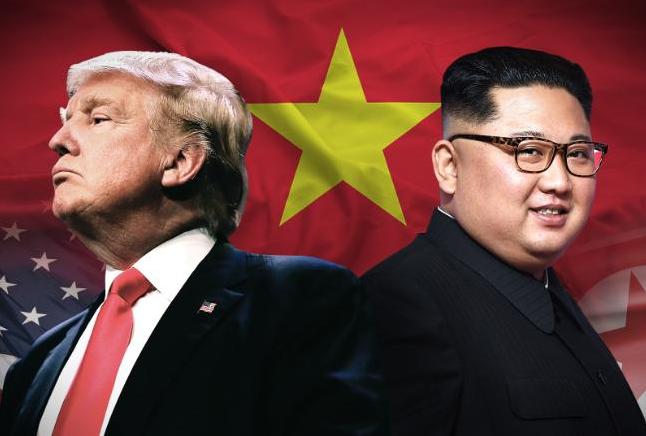Fan Gaoyue, Guest Professor at Sichuan University, Former Chief Specialist at PLA Academy of Military Science
Jul 24, 2019
Although denuclearization of the Korean Peninsula remains a priority for China, the US, Russia, and both Koreas, there remain significant gaps to address before the diplomatic process can be successful.
Zhao Weibin, Researcher, PLA Academy of Military Science
Jun 27, 2019
US withdrawal from the INF provokes anxiety in Europe and Asia and threatens to unleash a renewed global arms race. But all is not lost — there are still opportunities to rebuild trust and salvage the treaty.
Yang Wenjing, Research Professor, Institute of American Studies, CICIR
Apr 24, 2019
Despite Trump’s diplomacy, North Korea will likely keep its nuclear capabilities while seeking more economic integration. This will pose complications for China, as either the US or other regional powers will pursue greater deterrence against a de facto nuclear North Korea.
Mar 15, 2019
North Korea is considering suspending talks with the United States and may rethink a ban on missile and nuclear tests unless Washington makes concessions, news reports from the North’s capital on Friday quoted a senior diplomat as saying.
Cui Liru, Former President, China Institutes of Contemporary International Relations
Mar 14, 2019
To truly understand what led to the collapse of the second Trump-Kim summit, one must assess the context and values of each party involved.
Clifford Kiracofe, Former Senior Staff Member, Senate Committee on Foreign Relations
Mar 12, 2019
In the wake of the Trump-Kim Summit, the US and the North Korean sides must undertake some deep reflection and must maintain contact. All is not yet lost. Recovery from the setback is possible and desirable.
Philip Cunningham, Independent Scholar
Mar 08, 2019
Kim Jong Un’s secretive train journey from North Korea to Vietnam ultimately represents a win for China. Traversing the entire country, Kim had only to look out the window to realize that China is a viable alternative to the US when it comes to brokering political survival.
Mar 06, 2019
The U.S. would look at ramping up sanctions if Pyongyang did not scrap its nuclear weapon program, says Trump's national security adviser.

Fan Jishe, Professor, the Central Party School of Communist Party of China
Mar 06, 2019
Although the two sides left the Hanoi Summit emptyhanded, it nonetheless set a positive tone for a possible future deal — especially if both sides give their diplomats a chance to conduct working-level negotiations, rather than expecting meetings between top leaders to resolve a host of complex issues.
An Gang, Adjunct Fellow, Center for International Security and Strategy, Tsinghua University
Mar 06, 2019
It seems that North Korea and the United States both harbor misjudgments about the other’s views on denuclearization, and neither has fully prepared for the responsibilities that come with denuclearizing. All the while, the window of time for fruitful negotiations in the future is narrowing.
Back to Top

- China-US Focus builds trust and understanding between the U.S. and China through open dialogue among thought leaders.
- Our Offerings
- Topics
- Videos
- Podcasts
- Columnists
- Research Reports
- Focus Digest
- Stay Connected
-
Thanks for signing up!
- Get the latest stories from China-US Focus weekly.